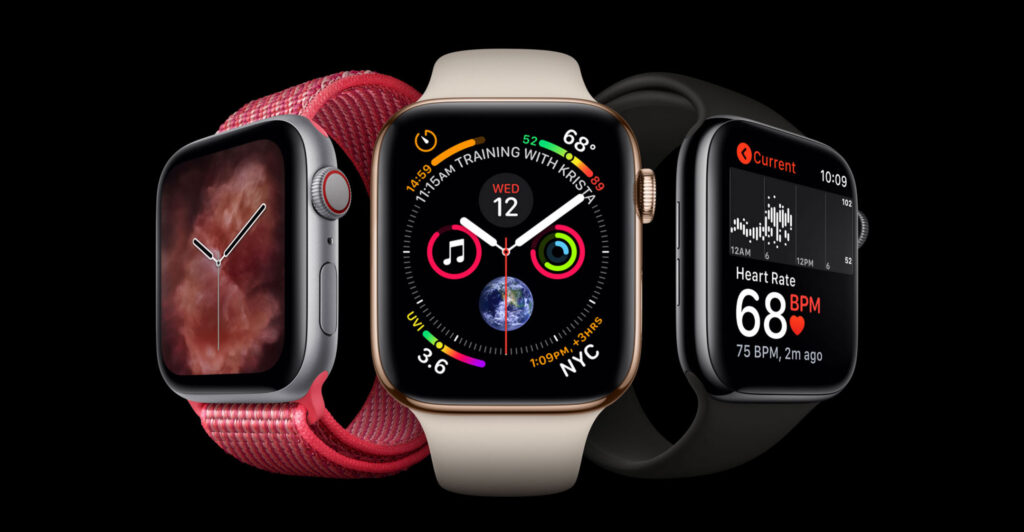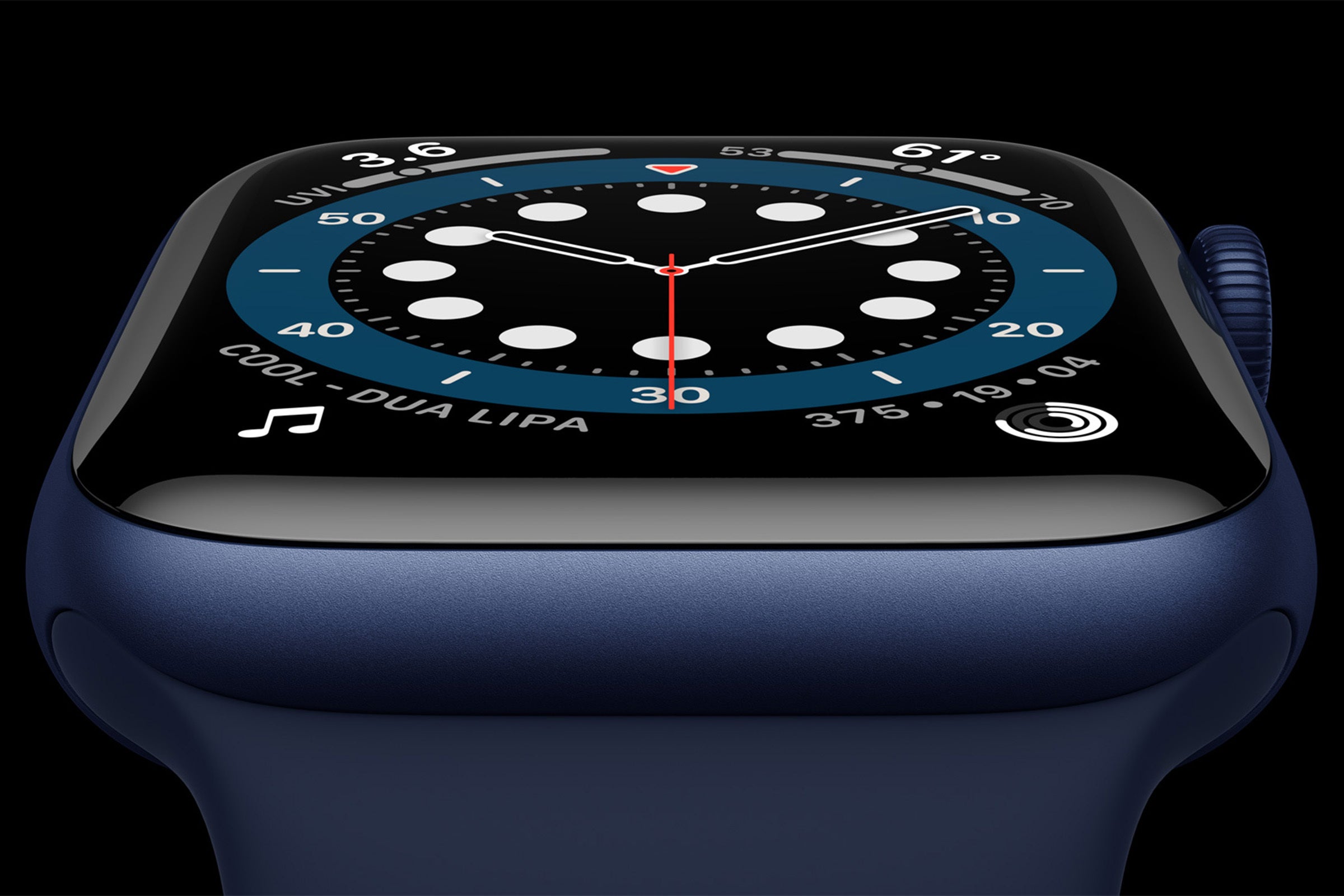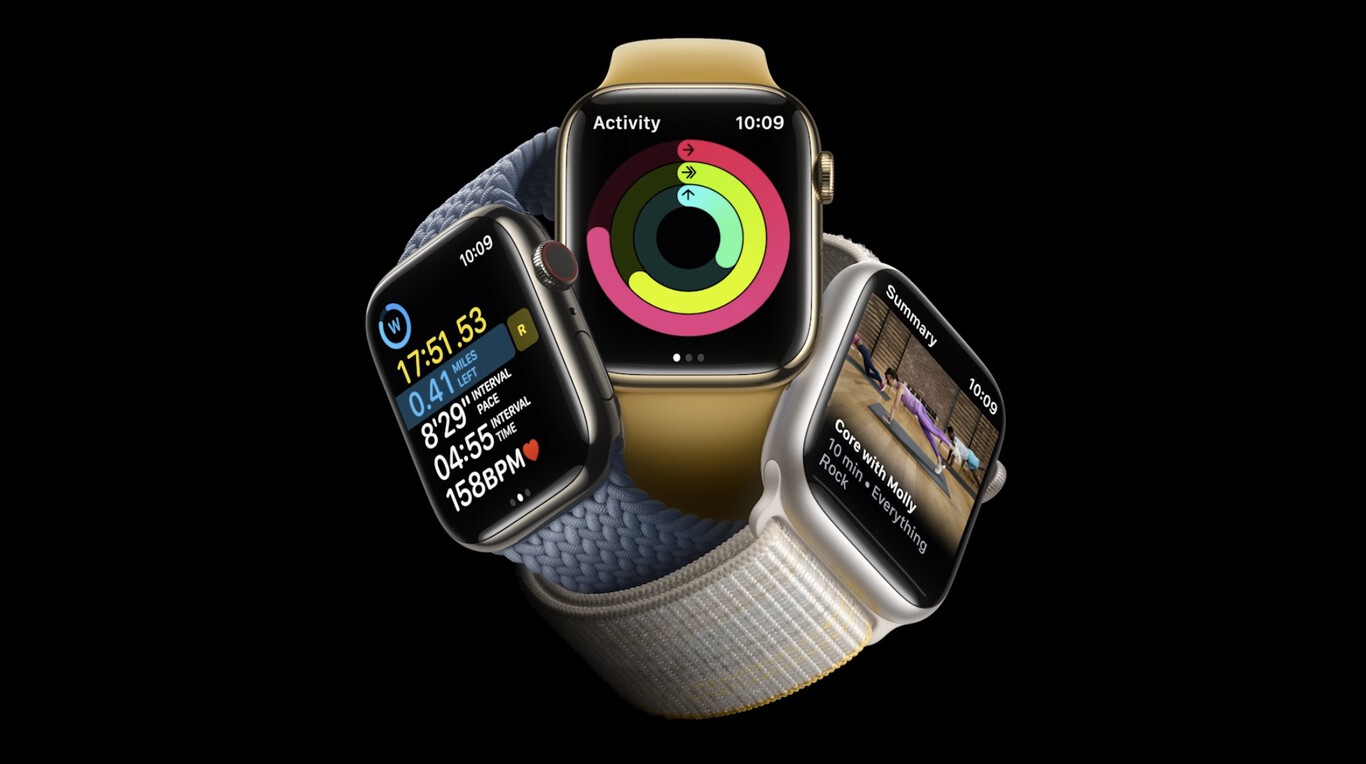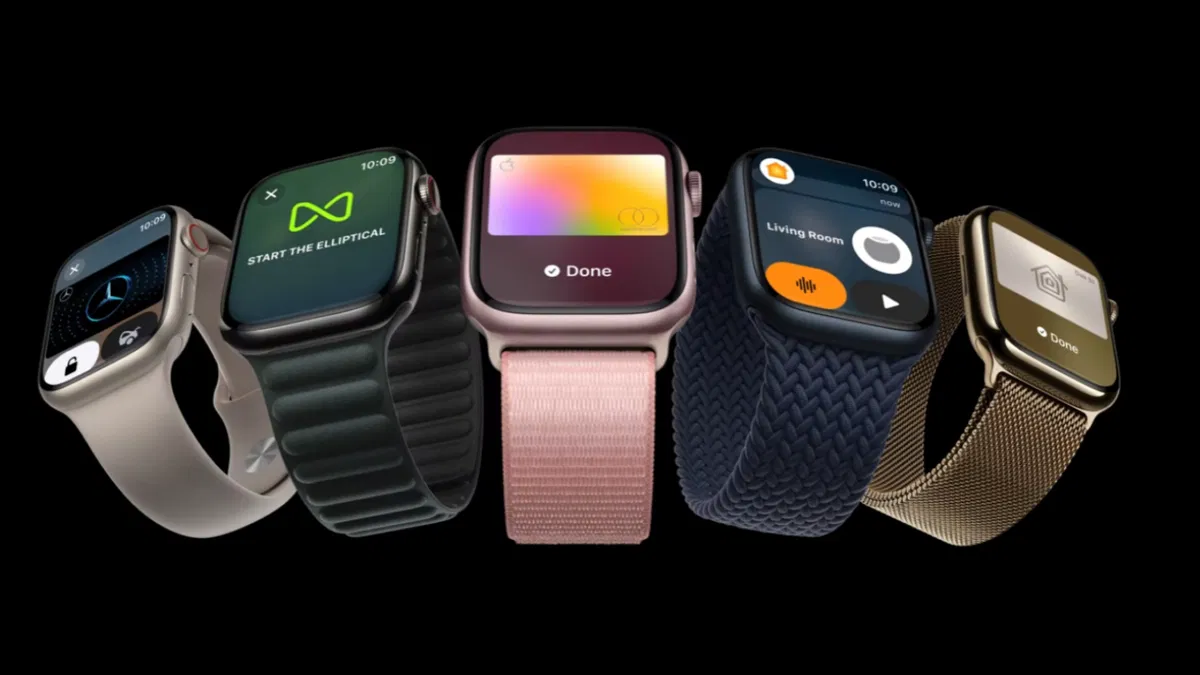
In the latest chapter of the ongoing legal drama between Apple and AliveCor, the medical device maker’s appeal has been denied, ensuring that the Apple Watch’s Electrocardiogram (EKG) feature will not face another import ban. This decision brings a welcome sigh of relief for Apple users and the tech giant itself, marking the end of another legal battle in a series of ongoing patent disputes.

The Long-Running Legal Saga
This saga began in 2021 when AliveCor, a company that specializes in medical devices, took Apple to the U.S. International Trade Commission (ITC), alleging that Apple’s EKG feature infringed upon its patents. The ITC initially sided with AliveCor, recommending an import ban that could have effectively blocked the sale of Apple Watches with the EKG feature in the United States. This would have been a significant blow to Apple’s wearable device sales, especially since the EKG feature is a central part of the Apple Watch’s health capabilities.
However, the ITC’s decision was not immediately implemented, as it was challenged by Apple. In a separate ruling, the Patent Trial and Appeal Board (PTAB) deemed that AliveCor’s three patents on the EKG technology were not valid. The PTAB’s ruling meant that for the import ban to be enforced, AliveCor would need to successfully appeal this decision, something the company ultimately failed to do.
What Does This Mean for Apple and AliveCor?
AliveCor’s latest loss in its appeal to the U.S. Court of Appeals for the Federal Circuit is a significant setback for the company. The court upheld the PTAB’s decision, ruling that AliveCor’s patents on the EKG technology were not patentable. As a result, Apple’s EKG feature will continue to be an integral part of the Apple Watch without facing the same legal hurdles that have plagued other features, such as the blood oxygen sensor.
“We are deeply disappointed by the Court’s decision this morning and that the Court did not review the available secondary considerations, which the ITC found to be persuasive in their finding of validity,” said Sanjay Voleti, AliveCor’s chief business officer. “We will continue to explore all available legal options, including potential appeals, to defend our position that our patents are valid and that Apple infringed our intellectual property rights.”

Despite the setback, AliveCor has made it clear that it will not give up on its fight for patent protection. The company intends to continue exploring all legal avenues, including potential future appeals. However, the loss represents a significant hurdle in their quest to secure an import ban against Apple.
On the other hand, Apple remains confident and unshaken by the outcome. “We thank the Federal Circuit for its careful consideration in this case. Apple’s teams have worked tirelessly over many years to develop industry-leading health, wellness and safety features that meaningfully impact users’ lives, and we intend to stay on this path,” said Fred Sainz, an Apple spokesperson.
A Different Outcome for Masimo
Interestingly, AliveCor’s legal approach mirrors that of Masimo, another medical device maker that previously took on Apple in the courts. However, Masimo’s case had a different outcome. Masimo succeeded in securing an ITC import ban against the Apple Watch due to its patents related to the blood oxygen sensor. To bypass this ban, Apple was forced to disable the blood oxygen sensor in Apple Watches sold in the U.S.
Despite this, the EKG feature has emerged unscathed from this latest round of legal battles, ensuring that Apple Watch users will continue to have access to one of the device’s most significant health features.
As AliveCor faces this legal setback, the ongoing battle over patents in the wearable tech space is far from over. While AliveCor’s patents on EKG technology have been invalidated, the company is likely to continue its legal challenges, exploring new ways to protect its intellectual property. For Apple, the decision provides a clear victory, but the company knows that the patent landscape in the medical device industry can be unpredictable.

For consumers, this decision means that the Apple Watch’s EKG feature remains a vital part of its health tracking suite. With features like blood oxygen monitoring, ECG readings, and fall detection, the Apple Watch has become more than just a timepiece—it is now an essential health companion.
While the legal drama continues, Apple’s focus on innovation in the health and wellness space shows no signs of slowing down. As the tech giant continues to refine its wearables, the intersection of technology and healthcare will remain a key area of focus, with potential for even more groundbreaking features in the future.
This latest ruling is another chapter in Apple’s ongoing battle to maintain control over its intellectual property in the competitive wearable technology market. While AliveCor has lost this round, the legal battles may not be over yet, as the company seeks new avenues to protect its patents. For now, Apple Watch users can continue to rely on their devices’ EKG capabilities without the fear of an import ban, a victory that highlights the ongoing importance of patent law in the tech world.
